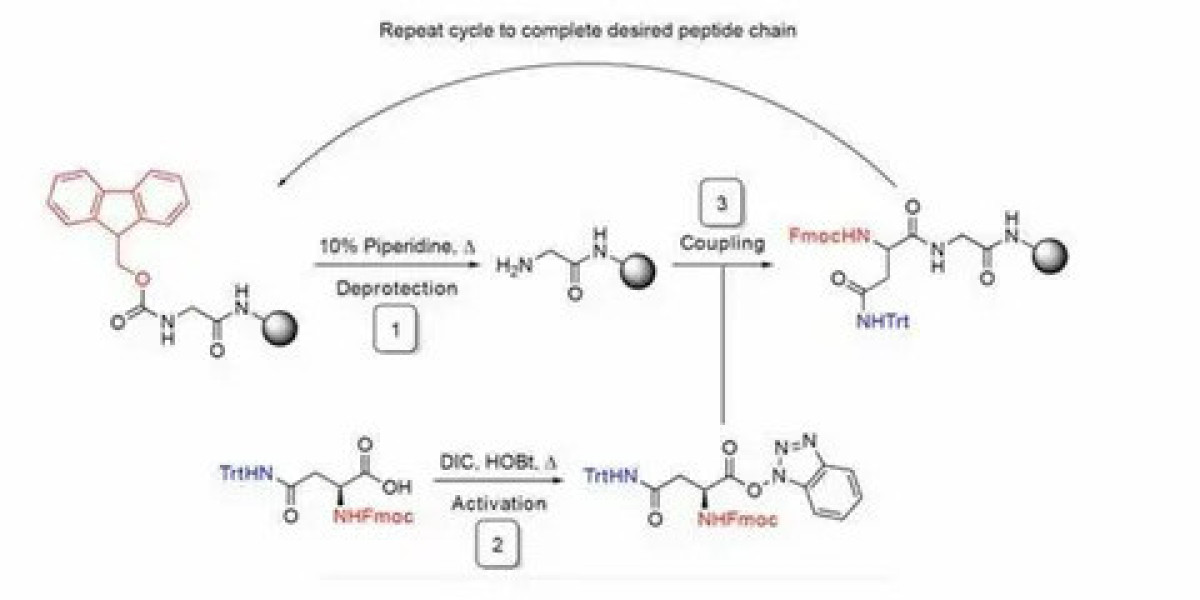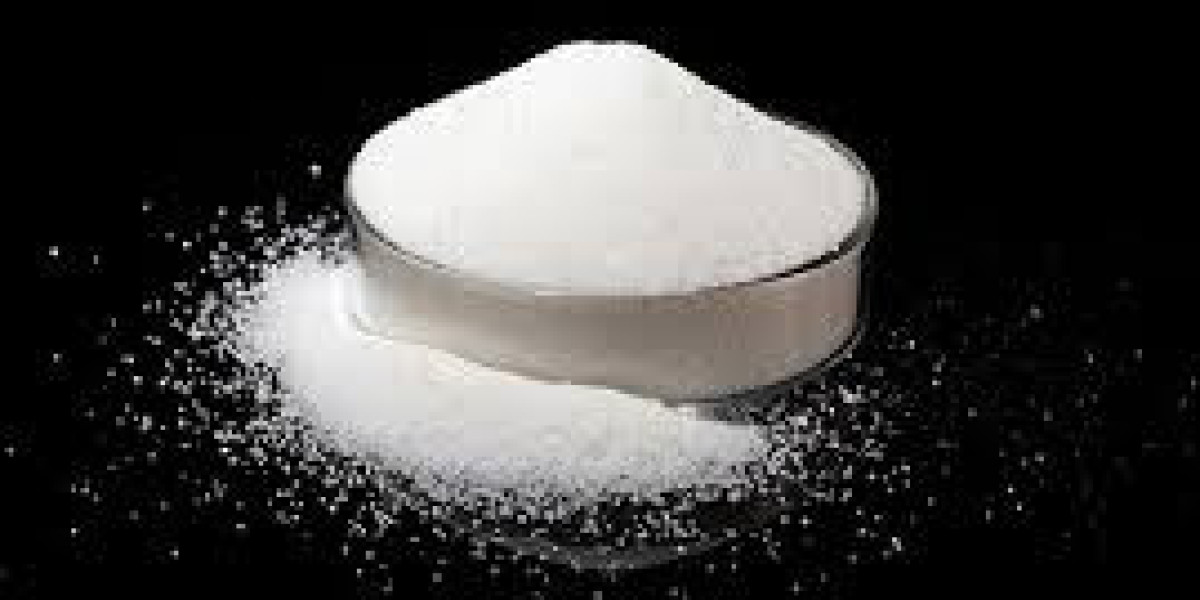These services are essential for scientists and pharmaceutical companies, providing a means to obtain precisely tailored peptides that are crucial for various applications. The importance of peptide synthesis service lies in its ability to deliver high-quality, customized peptides with exact sequences and modifications.
The Process Behind Peptide Synthesis Service
The peptide synthesis service begins with the design phase, where the client provides the desired amino acid sequence or requests assistance in designing a peptide that meets their specific requirements. The service provider then employs advanced techniques, such as solid-phase peptide synthesis (SPPS), to assemble the peptide. SPPS is the most widely used method due to its efficiency and accuracy in building peptide chains from individual amino acids.
Once the peptide synthesis process is complete, the product undergoes purification to ensure it meets the required purity standards. High-performance liquid chromatography (HPLC) is commonly used in this step to separate the synthesized peptide from any impurities or side products. After purification, the peptide is characterized using techniques like mass spectrometry to confirm its sequence and molecular weight. The entire process is meticulously controlled to deliver a product that precisely matches the client’s specifications.
Applications of Peptide Synthesis Service
Peptide synthesis service is indispensable across a wide range of scientific and medical applications. In research, custom peptides are used to study protein interactions, signal transduction pathways, and enzyme functions. They are also employed in the development of antibodies, which are crucial for diagnostic assays and therapeutic applications. The ability to synthesize peptides with specific sequences and modifications allows researchers to explore new biological mechanisms and develop innovative solutions to complex scientific problems.
In the pharmaceutical industry, peptides synthesized through these services play a pivotal role in drug discovery and development. Peptides can serve as drug candidates, especially in areas where traditional small molecules are ineffective. Peptide-based drugs have shown promise in treating conditions like cancer, diabetes, and infectious diseases. The specificity and potency of peptides make them valuable tools in creating targeted therapies with fewer side effects.
Advantages of Using Peptide Synthesis Service
One of the key advantages of utilizing a peptide synthesis service is the ability to obtain peptides with precise sequences and desired modifications, which are often difficult to produce through standard laboratory techniques. These services offer flexibility in terms of the scale of production, allowing clients to order peptides in quantities ranging from milligrams to kilograms, depending on their needs.
Additionally, peptide synthesis services provide access to expertise and state-of-the-art equipment that may not be available in every research or development lab. This ensures that the peptides are of high quality, with consistent results that can be replicated in various experiments or applications. The reliability and convenience of these services save time and resources, enabling scientists to focus on their core research activities.
Conclusion
Peptide synthesis service is a critical resource in the scientific and pharmaceutical communities, offering tailored solutions that enable advancements in research, drug development, and diagnostics. By providing high-quality, custom-synthesized peptides, these services support the exploration of new biological pathways and the creation of innovative therapies. The precision, flexibility, and expertise offered by peptide synthesis services make them an invaluable tool in the pursuit of scientific knowledge and medical breakthroughs.



